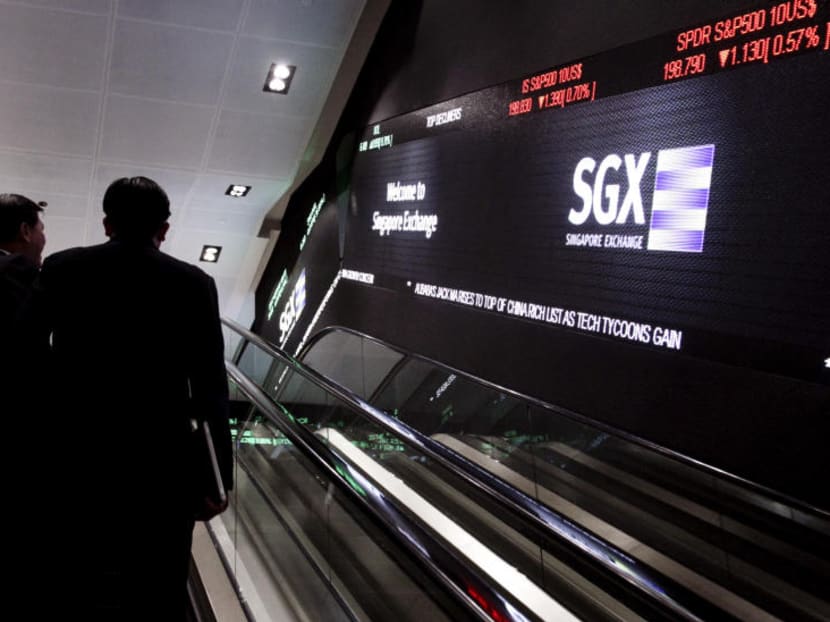SGX shutdown uncalled for
I read the letter, “Comments about SGX ‘breakdown’ are uncalled for” (Dec 9), and what is really uncalled for is the decision by the Singapore Exchange to shorten trading hours to catch up on back-office work.
I read the letter, “Comments about SGX ‘breakdown’ are uncalled for” (Dec 9), and what is really uncalled for is the decision by the Singapore Exchange to shorten trading hours to catch up on back-office work.
This shows that the SGX’s decision makers either do not know their purpose and responsibility or do not understand their systems.
First, an exchange’s role is to ensure capital flow between buyers and sellers. It is a marketplace, and a responsible exchange does not shut down or suspend trading unless the economy is halted, for example, on a public holiday.
That is why exchanges invest in mission-critical systems that will continue operation even if some components have technical glitches. In this case, the SGX delayed opening without extending closing because of a back-office accounting system.
Furthermore, this is not the SGX’s own back-office system. It is the brokers’ accounting system that the SGX developed and operated for nine local brokers.
It is as if the service provider felt responsible to the nine brokers’ clients and wanted them to reconcile the post-trade reports, but forgot its primary role as the nation’s stock exchange or stock market.
Second, it was reported that the SGX’s mission-critical trading and clearing systems were intact and all data were correct.
In such a scenario, the SGX’s responsibility to Singapore’s reputation as a financial centre, to investor confidence and to traders’ livelihoods must be to keep trading and let the separate back-office system catch up on the reconciling after trading hours.
After all, the SGX’s trading volume is not high, and in the old days, such reconciliation could even be handled manually. To address less relevant technical problems, there should be routines for disaster recovery and the thorough testing of upgraded software, for example.
While other exchanges have also had downtime, I doubt any would consider a separate back-office system error critical enough to close the market.







